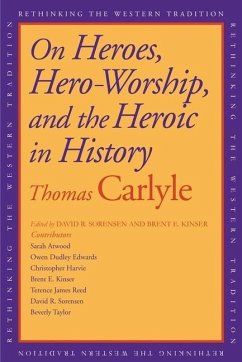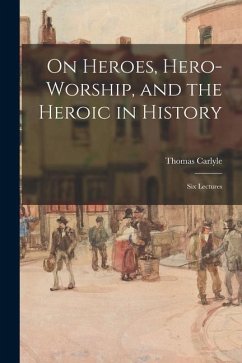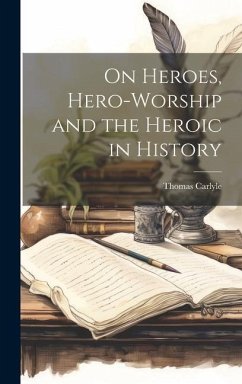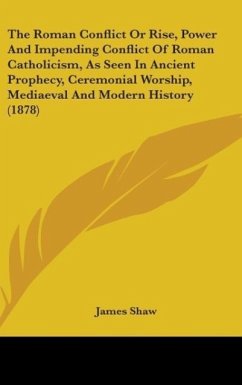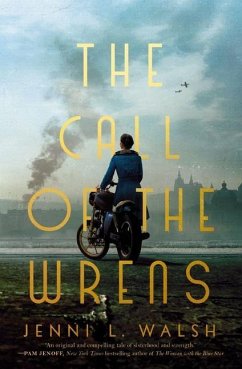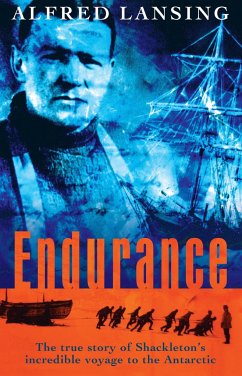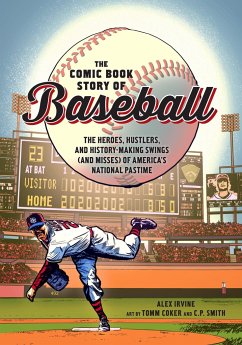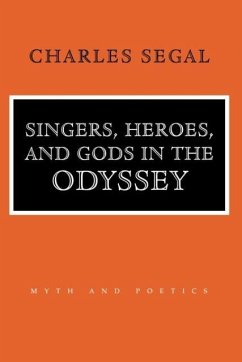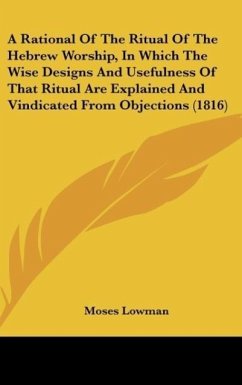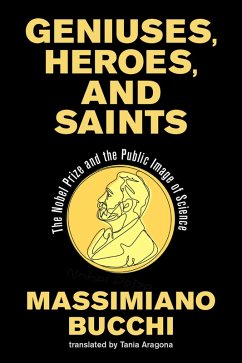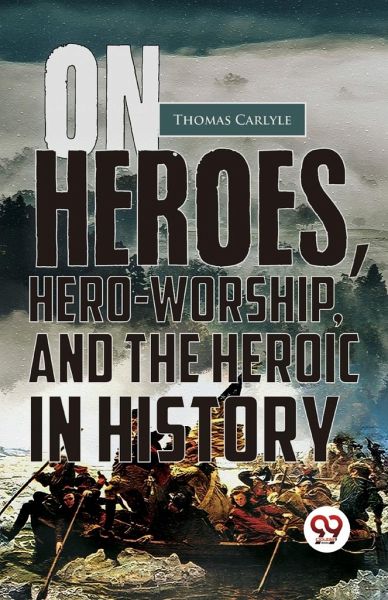
On Heroes, Hero-Worship, And The Heroic In History

PAYBACK Punkte
8 °P sammeln!
Thomas Carlyle published a series of lectures titled "On Heroes, Hero-Worship, and The Heroic in History" in 1841. Carlyle contends that heroes are crucial to human advancement and are in charge of influencing history. He characterizes a hero as having a "great spirit" and the capacity to move others to action. Carlyle examines several sorts of heroes, such as political figures, poets, religious leaders, and scientists, and he believes that hero-worship is a natural and essential component of human civilization since it enables individuals to aspirationally adopt the traits of heroes in their ...
Thomas Carlyle published a series of lectures titled "On Heroes, Hero-Worship, and The Heroic in History" in 1841. Carlyle contends that heroes are crucial to human advancement and are in charge of influencing history. He characterizes a hero as having a "great spirit" and the capacity to move others to action. Carlyle examines several sorts of heroes, such as political figures, poets, religious leaders, and scientists, and he believes that hero-worship is a natural and essential component of human civilization since it enables individuals to aspirationally adopt the traits of heroes in their own life. Carlyle, however, also criticizes the hero-worship of his own day, contending that it is wrong to admire ordinary public personalities and celebrities who lack truly heroic traits. He urges a return to genuine heroism and the social acceptance of the worth of moral and spiritual principles. The book "On Heroes, Hero-Worship, and The Heroic in History" examines the nature of heroism and its impact on the course of human history. Many authors and intellectuals were greatly influenced by Carlyle's theories, which are being researched and discussed today.





